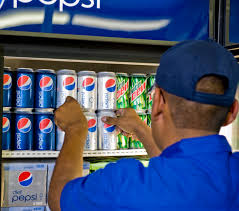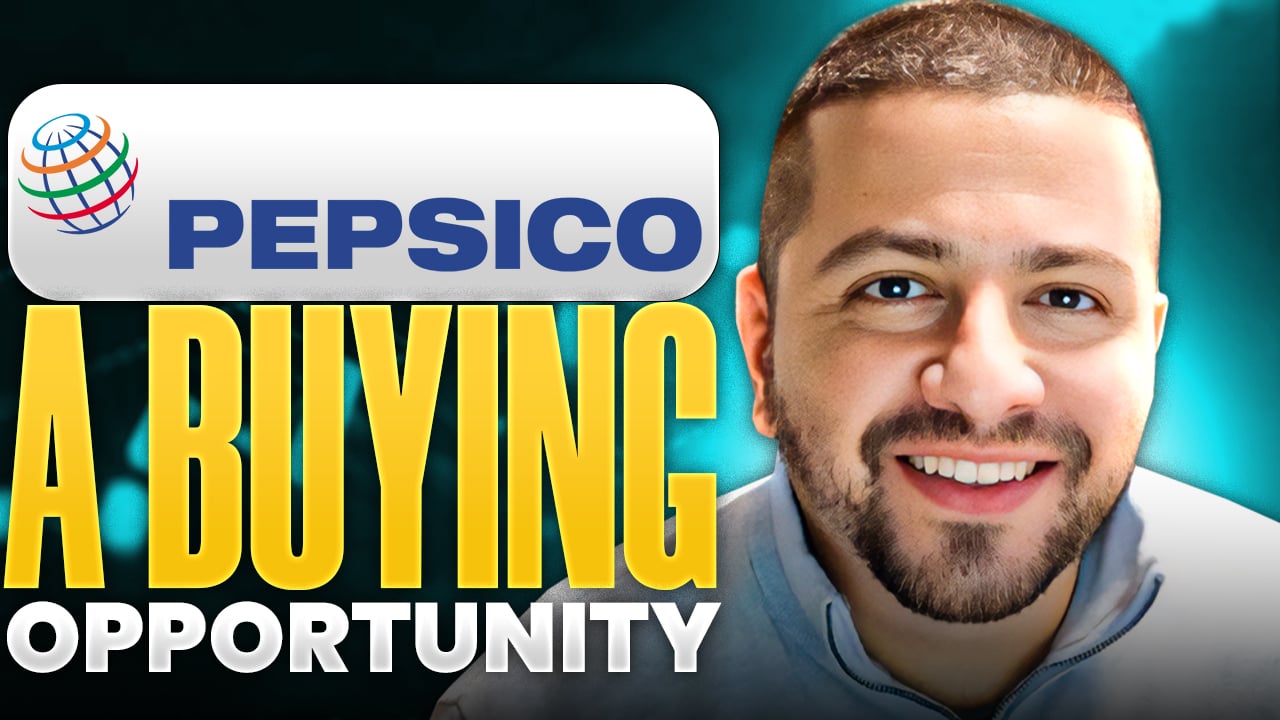
On Oct. 16, beverage and snack giant PepsiCo (PEP +0.13%) released its earnings report. In a nutshell, the company's global growth in snack volume exceeded its beverage segment by a 3-to-1 margin. PepsiCo's reported revenue grew 2% year to date versus a 2% decline for rival Coca-Cola (KO +1.52%) during the same time. Digging through PepsiCo’s earnings call transcript has yielded five interesting items that you may find informative and even entertaining.
1. Water: A commodity that's not worth it
In the earnings call, PepsiCo CFO Hugh Johnston acknowledged that a "real challenge" lies in the packaged water business and indicated that this product category does not represent a "priority" for the company. Brand Pepsi and Coca-Cola harbor a unique taste and add notoriety and value to the respective brands. By contrast, the taste of bottled water compares fairly equally from brand to brand; store-brand bottled water that costs $0.99 tastes essentially the same as the more expensive brands. And, better yet, in some areas water from the tap tastes just as good as bottled water.
2. Emphasis on innovation
PepsiCo's emphasis on innovation was more apparent in its earnings call than rival Coca-Cola's. The word "innovation" received 24 mentions in its earnings report versus just three in Coca-Cola's.PepsiCo believes so strongly in innovation that it opened an innovation design center. CEO Indra Nooyi said that innovation represented 8% of year-to-date revenue versus 7% last year. Under the much esteemed Frito-Lay brand, new products such as the Tostitos Cantina and Cheetos Mix-Ups performed well. Other U.S. products such as Quaker Medleys and Yogurt, Lipton Pure Leaf Tea, and Gatorade Frost Glacier Cherry "are on pace to achieve $100 million each" in annual sales. Moreover, the new Tropicana Farmstand and Trop 50 brands continue to perform well. In 2014, PepsiCo also intends to introduce an innovation in flavoring to help stem demand decline in its diet sodas.
3. Frito Lay: PepsiCo's pride and joy
CEO Nooyi had this to say about Frito Lay: “You know Frito-Lay North America is a terrific franchise. The business is well run and I think the incredible way that our snacks business and beverage business works together to really bring solutions to customers is what makes that business so successful”.
With 3% volume growth in the heavily saturated North American region, it’s easy to see why she is pleased with Frito Lay. She goes on to talk about how the business looks at productivity on a three- to five-year time frame. Also she discusses the intriguing concept of "demand space," whereby Frito Lay tries to segment its product strategy based on the consumer identity on the occasion of demand -- such as breakfast or snack time at work -- and their identity on an individual and target group level. This goes a long way in understanding consumer behavior and targeting products accordingly.
4. Mountain Dew bucks trends
PepsiCo's Mountain Dew brand bucks the negative trends affecting the overall soda and diet soda markets, probably due to the energy-boosting effect on the consumer, much like that of coffee, stemming from its caffeine content The supercharged energy drink version of Mountain Dew, Kickstart, resonates well with the millennial demographic. PepsiCo expects Kickstart to exceed $100 million in sales during its first year.
Rival beverage company Monster Beverage (MNST +1.39%) represents another beneficiary of the energy drink craze, with revenue growing 106% over the past five years. Its shares have outperformed the market by a more than 2-to-1 margin. The average growth analysts estimate for Monster Beverage's EPS clocks in at $2.45 per share, representing a 19% increase next year. Maybe Mountain Dew Kickstart can serve as a significant boost to PepsiCo’s beverage business over the long term.
5. North America: Cash flow timeliness
It's interesting to note that while PepsiCo's beverage business faces market saturation in areas such as North America, the area also represents a significant market in terms of sheer size and cash conversion cycle. Nooyi remarked about the North American beverage business: "So it is the retailer who generates an enormous amount of cash, because they pay us net 30" -- meaning PepsiCo receives cash on its sales within 30 days.
Foolish takeaway
PepsiCo represents a well-diversified snack and beverage business with a forward focus. Its executives seem to understand its strengths, weaknesses, and opportunities. Thus, PepsiCo definitely deserves consideration for a long-term position in your stock portfolio.








